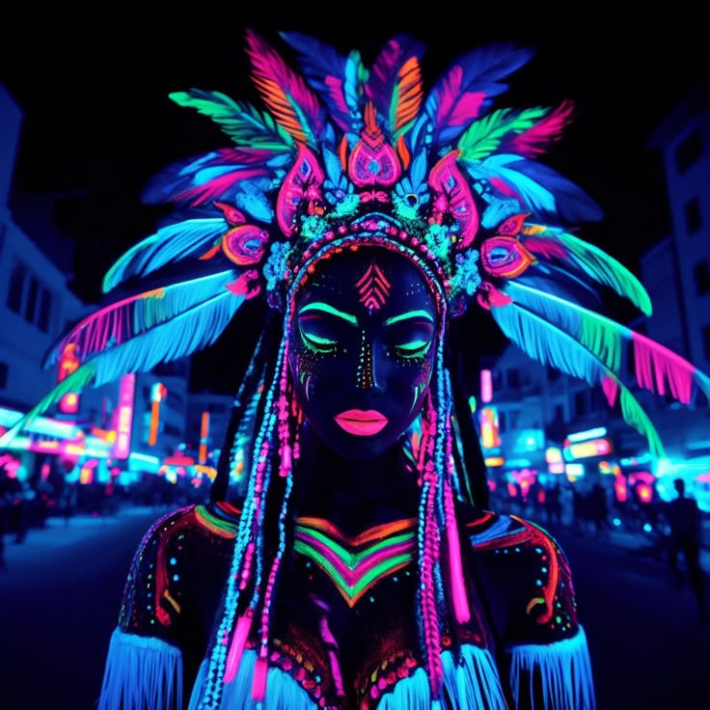How Afro-Spirits Are Reshaping Drinking Culture
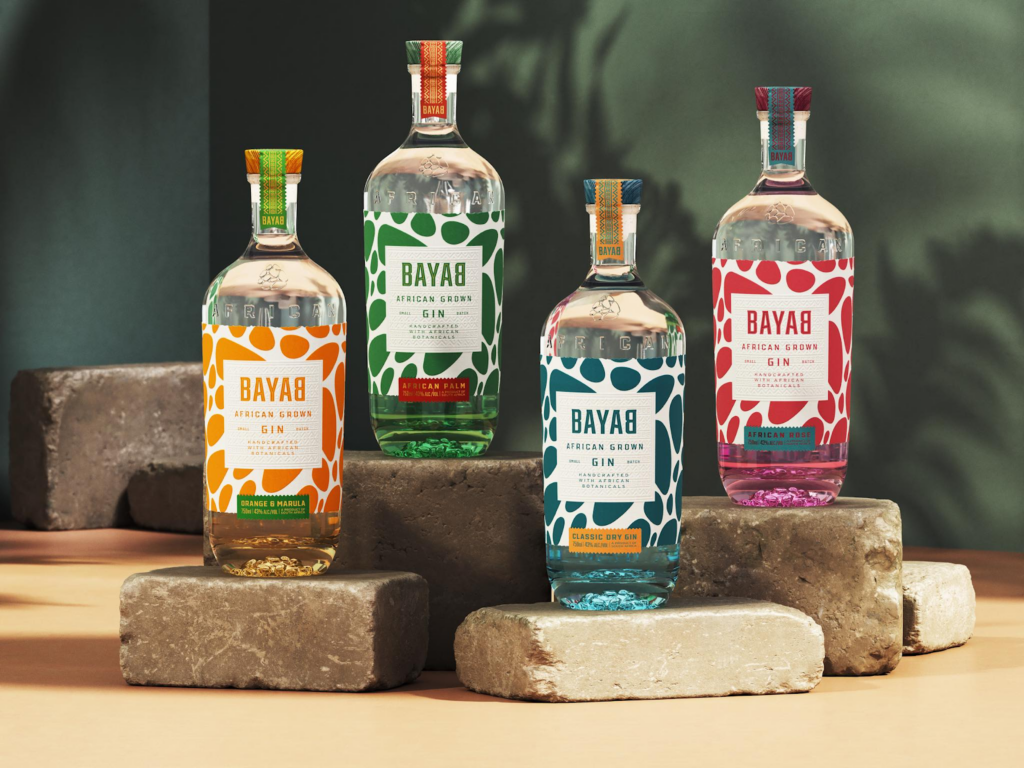
Spirit of the Continent: The Afro-Drink Renaissance
A quiet revolution is pouring into glasses across the world—one that’s deeply rooted in African heritage, yet boldly redefining global drinking culture.
From the smoky depths of Ogogoro in Lagos to the caramel embrace of plantain-infused rum in London, Afro-spirits are no longer niche indulgences. They are cultural statements, economic powerhouses, and immersive experiences that go beyond taste—reshaping branding, nightlife, and even diplomacy.
But how did these age-old traditions make their way from the streets of Accra to high-end cocktail bars in New York? And what does their resurgence mean for the future of drinking culture?
The Heritage Behind the Bottle
For centuries, African spirits have been deeply woven into the fabric of cultural rituals, communal gatherings, and storytelling traditions. Drinks like Ogogoro in Nigeria, Akpeteshie in Ghana, and Umqombothi in South Africa were more than just beverages—they were vessels of history, spirituality, and identity. Yet, for a long time, they remained underappreciated on the global stage.
So, what changed?
A New Wave of Cultural Pride
The resurgence of Afro-spirits is part of a larger cultural movement—one that celebrates African heritage unapologetically. Just as Afrobeats and Amapiano have taken over global music charts, African food, fashion, and now, spirits, are experiencing a renaissance. Diaspora communities and local entrepreneurs are reclaiming traditional drinks, refining them, and introducing them to new audiences.
Premiumization & Rebranding
Historically, many African spirits were associated with informal production and local consumption. But brands like Pedro’s Ogogoro (Nigeria), Dodo (plantain-infused rum), and Dala Liqueur (a modern twist on herbal African liqueurs) have redefined the category, positioning these drinks as premium, craft experiences rather than cheap local alternatives. Sleek packaging, sophisticated marketing, and high-end collaborations have made Afro-spirits desirable among connoisseurs and cosmopolitan drinkers.
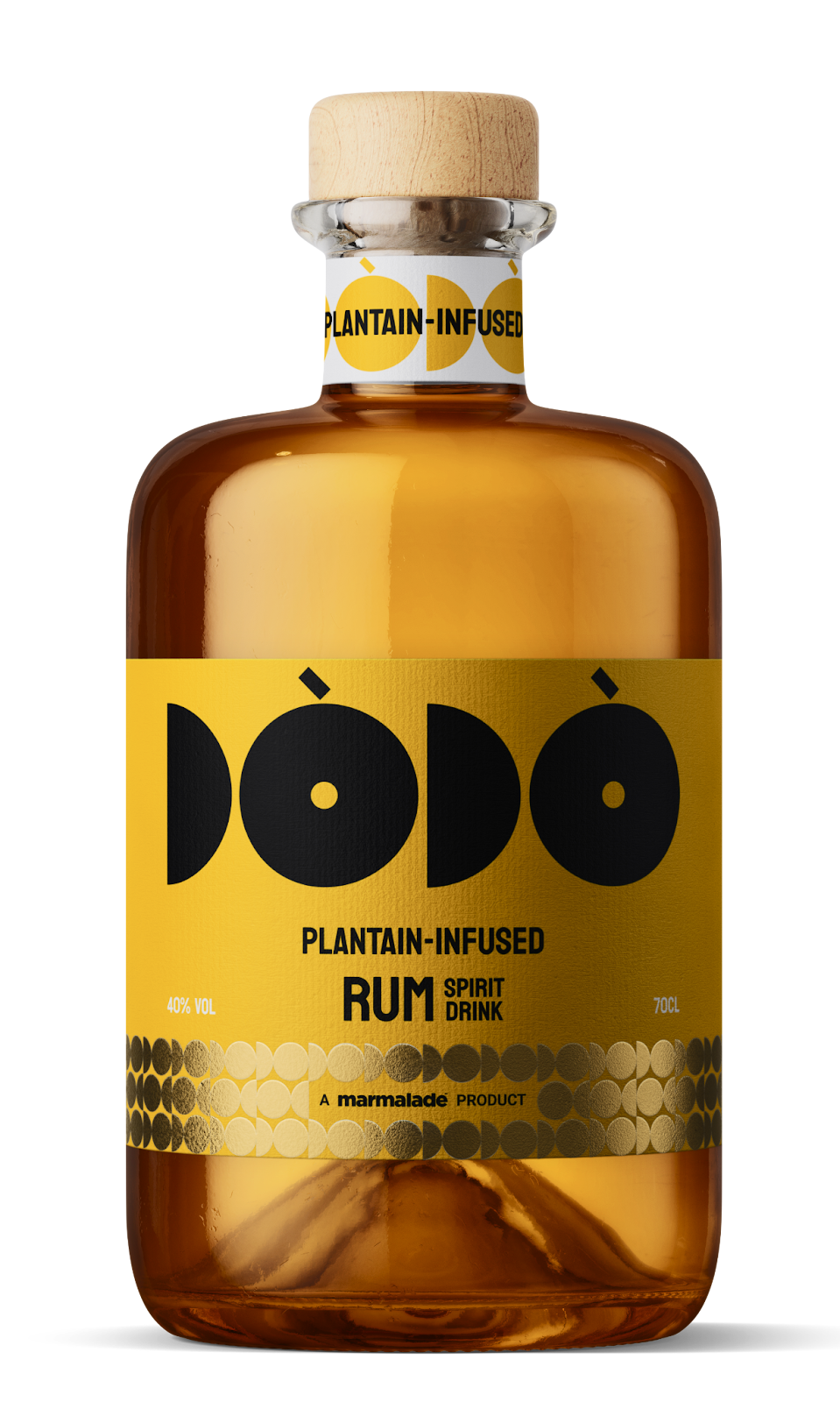
The Diaspora’s Influence
Afro-descendant communities across Europe and North America have played a major role in pushing African-inspired drinks into mainstream nightlife and retail. Bars in cities like London, Paris, and New York are incorporating Afro-spirits into their cocktail menus, while African-owned liquor brands are gaining shelf space in major stores. This growing influence has also led to collaborations between African distillers and international brands, expanding the reach of these drinks.
The Craft Cocktail Movement & Experimentation
The global craft cocktail movement has fueled interest in unique and lesser-known spirits. Bartenders and mixologists are constantly on the lookout for exotic ingredients, and Afro-spirits offer a rich playground for creativity. From gin infused with African botanicals to cocktails inspired by traditional herbal remedies, the fusion of African heritage with modern mixology has introduced these drinks to new demographics.
Experiential Drinking & Convivialité
The African drinking culture is inherently communal—rooted in storytelling, music, and celebration. Brands tapping into this aspect have created immersive drinking experiences, from pop-up Afro-spirit tasting events to branded nightlife experiences that combine African music, art, and mixology. This shift is not just about what’s being drunk, but how and where it’s being consumed.
The rise of Afro-spirits is a cultural shift. And with changing perceptions, bold rebranding, and global demand, the story of African drinks is just beginning.
The Business of Afro-Spirits: Retail, Distribution & The Fight for Shelf Space
African spirits are competing for legitimacy in an industry long shaped by legacy brands. Cognac, Scotch whisky, and premium tequila dominate global spirits marketing, but Afro-spirits are finding their own lanes—through strategy, community, and cultural positioning.
THE PROBLEM: Western distributors and retailers often don’t know how to categorize these drinks. Are they luxury? Are they niche? Where do they sit on the shelf?
THE SOLUTION: Afro-spirits brands are hacking distribution channels, moving beyond conventional retail models to sell directly to culturally engaged consumers.
The rise of Afro-spirits isn’t just a cultural movement—it’s a business revolution. What was once a niche, locally consumed category is now making waves in global markets, reshaping branding, distribution, and the economics of the alcohol industry. From premium positioning to disruptive retail strategies, Afro-spirits are proving that authenticity sells. But what’s driving the shift?
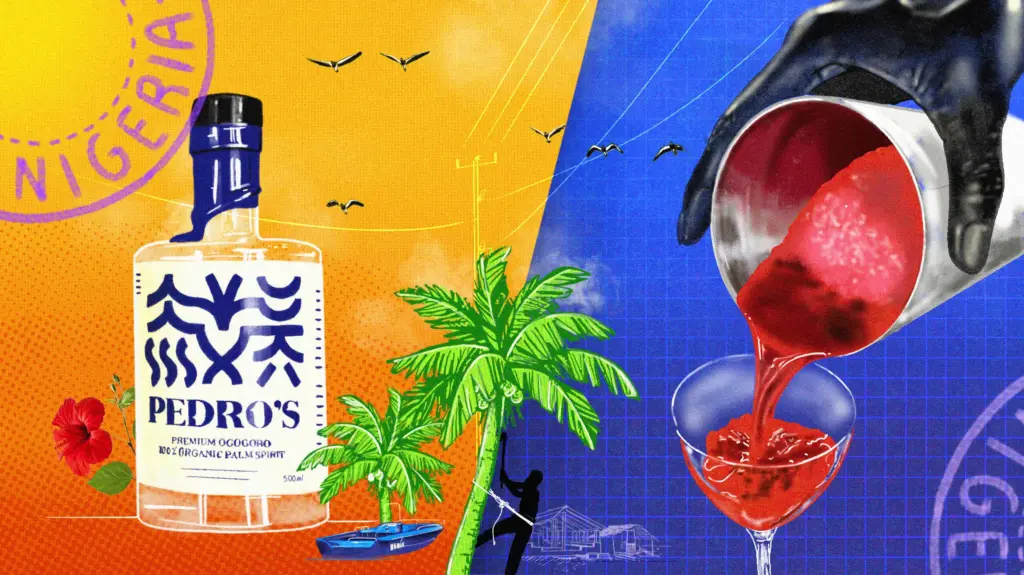
From Local Brews to Global Brands
For decades, African spirits were primarily informal, produced for local consumption with little commercial scalability. Today, a new generation of entrepreneurs is transforming these heritage drinks into internationally recognized brands.
Take Pedro’s Ogogoro, for example. Once considered a backyard moonshine in Nigeria, ogogoro is now rebranded as a premium craft spirit, sitting on bar shelves in London and New York.
Premiumization & The Luxury Play
A major shift in the business of Afro-spirits is premiumization—the transformation of once-overlooked drinks into high-end, aspirational products. Unlike mass-produced commercial spirits, Afro-spirits often have artisanal production methods, unique indigenous ingredients, and deep cultural narratives, making them highly desirable in today’s experience-driven market.
Luxury positioning has allowed brands to command higher price points, attract global distributors, and penetrate elite hospitality markets. Bars, restaurants, and premium liquor stores are embracing Afro-spirits, not just for their taste but for their storytelling appeal—something today’s consumers crave.
The Diaspora Market as a Launchpad
Afro-spirits are finding their first major markets in diaspora communities across Europe and North America. Cities like London, Paris, New York, and Toronto—home to large African and Afro-Caribbean populations—serve as cultural hubs where these drinks are gaining mainstream acceptance. Afro-owned bars, lounges, and restaurants have become vital distribution channels, introducing Afro-spirits to both diaspora consumers and curious global drinkers.
Once a product establishes credibility in these cities, it’s far easier to expand into the broader global spirits market. Brands like Equiano Rum, a premium rum bridging Africa and the Caribbean, have leveraged their Afro-diaspora appeal to break into Western markets.
Disrupting Distribution & Retail
Unlike established alcohol giants that rely on massive distribution networks, Afro-spirit brands are leveraging direct-to-consumer (DTC) sales, digital platforms, and pop-up activations to build demand. Online liquor stores, social media-driven sales, and exclusive brand experiences are allowing these brands to bypass traditional gatekeepers and create hype directly with consumers.
• E-commerce: Digital-first sales platforms are becoming a key retail strategy, making Afro-spirits available globally without relying on major distributors.
• Collaborations & Drops: Limited-edition releases and partnerships with influencers, mixologists, and cultural tastemakers are generating buzz.
• Pop-up Tastings & Experiential Retail: Immersive brand experiences are helping new consumers discover Afro-spirits in an interactive, sensory-driven way.
The Experiential Shift: Changing Social Drinking and Reshaping Nightlife
The rise of Afro-spirits isn’t just about what’s in the bottle—it’is about what happens around it. From underground speakeasies in Lagos to high-end cocktail bars in London, the influence of African-inspired drinks is reshaping nightlife, social drinking, and even the way brands think about conviviality.
A New Social Ritual
Afro-spirits like Mbeu Liqueur (South Africa) – A premium liqueur infused with indigenous African botanicals, Sopi Rum (Ghana) – A handcrafted rum made from sugarcane and aged in Ghanaian wood barrels, and Kasiri (West Africa/South America) – A cassava-based fermented drink with roots in Afro-Caribbean and West African heritage carry deep cultural significance.
Unlike generic mass-market drinks, they come with built-in storytelling, tied to traditions of communal drinking, celebration, and shared heritage. In cities with large African diasporas, these drinks have become anchors for cultural connection, featured in curated tasting events and exclusive parties.
For example, in Brooklyn’s Afrobeats-themed lounges or Paris’ pan-African cocktail bars, ordering an Afro-spirit is more than just a drink choice—it’s a statement of identity and belonging.
The Cocktail Revolution
Afro-spirits are rewriting mixology. Bartenders worldwide are experimenting with indigenous African ingredients—hibiscus, baobab, alligator pepper—to craft cocktails that defy convention.
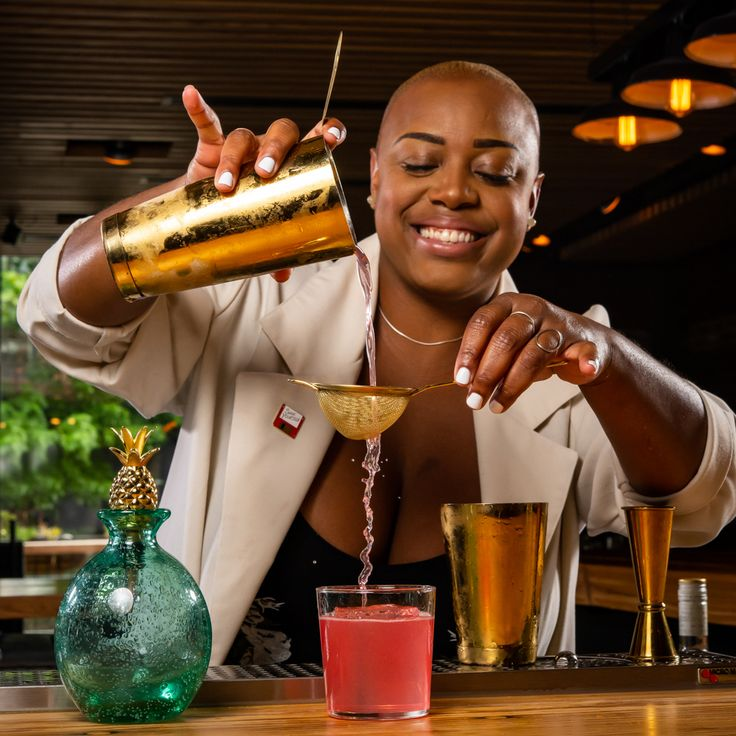
High-end venues like London’s Kwānt and Accra’s Front/Back are elevating Afro-spirits into artisanal experiences, much like Japanese whisky did for premium drinking.
Even mainstream bars are taking notice. Signature cocktails infused with palm wine, African honey, and local bitters are appearing on menus, creating new gateways for global audiences to experience these flavors. Take Bayab for example, which is being positioned as an African premium gin. Bayab reflects the rising demand for high-end, locally inspired spirits, and is being integrated into cocktail culture, bridging traditional African flavors with contemporary mixology.
Nightlife, But Make It African
The nightlife economy is evolving, with Afro-spirits becoming central to themed nights, VIP bottle service, and luxury hospitality. Across Europe and North America, Amapiano and Afrobeats parties are pairing premium bottle service with African spirits, giving nightlife a distinct cultural flavor.
Pop-ups and speakeasies, such as Back to Base in London and La Sunday in Lagos, curate experiences that blend music, fashion, and Afro-spirits, making them more than just clubs—they’re cultural movements.
Experiential Drinking: Beyond the Club
Afro-spirits are also shifting social drinking beyond traditional nightlife spaces. The rise of experiential drinking—tasting rooms, brand activations, and immersive dining—has given African-inspired drinks a stage. Take Palm Wine Express, a traveling event series that fuses palm wine tastings with storytelling, or Diaspora Supper Club in NYC, where Afro-spirits pair with African-fusion dishes in an intimate setting.
As consumer preferences shift toward authenticity and experience, Afro-spirits are positioned as the next frontier in drinking culture. From Lagos to London, Nairobi to New York, they’re not just changing what people drink—they’re redefining how people gather, celebrate, and connect.
The question is: How long before the rest of the world catches up?
Want deeper insights into consumer culture and how Afro-spirits are disrupting the nightlife and drinks industry? Let’s discuss.
